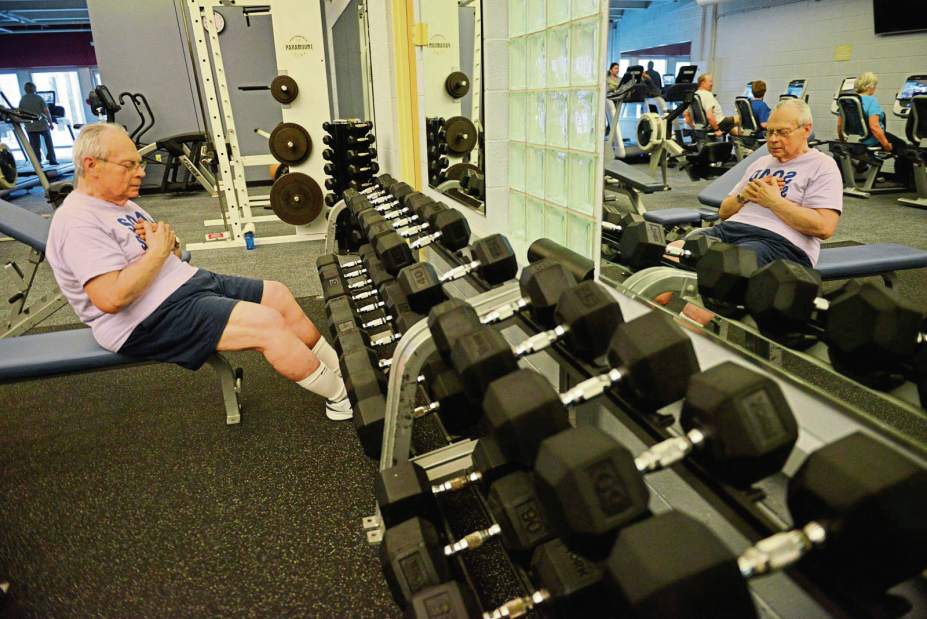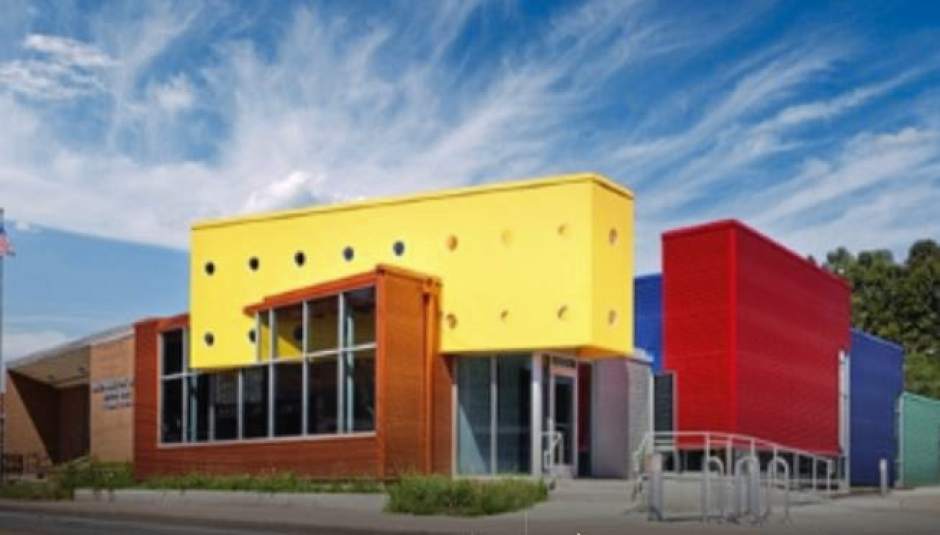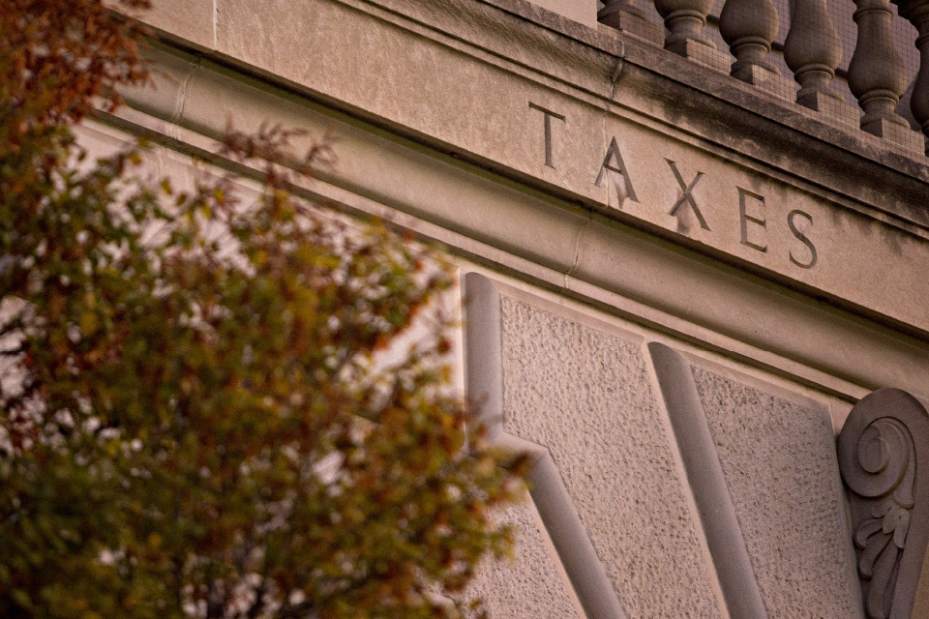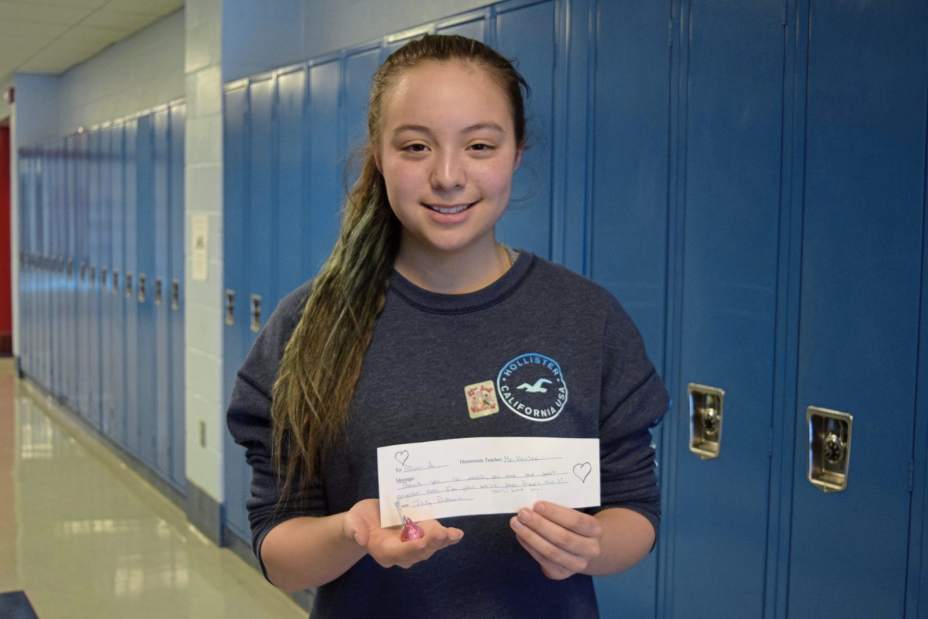HARRISBURG -- For some, it's the Holy Grail of reform issues.
Letting voters bypass the state Legislature and place issues directly on the ballot would have a "profound and significant" influence on restoring people's faith in government, says Republican Sen. Jim Rhoades, of Schuylkill County.
It's called initiative and referendum. The proposed constitutional change also would allow voters to repeal laws enacted by the Legislature.
Rhoades' bill was aired before the Senate State Government Committee last week, but the prospects for final passage remain dim. Of various reform issues before the Legislature, this proposal most directly cuts into lawmakers' power.
Although a House reform commission is grappling with issues ranging from open records to term limits, the panel isn't even looking at initiative and referendum.
The "Legislature has a stranglehold on what gets done in this state," said citizen activist Gene Stilp, of Harrisburg. Enacting initiative and referendum would open up the process to more reforms. "It would give us an opportunity to force government to change," Stilp said.
Stilp said he would like to see a "recall" provision added to the legislation. That would let voters boot elected officials out of office.
Rep. Tom Tangretti, D-Hempfield, a member of the reform panel, said he is concerned that gathering signatures needed to place issues on the ballot in states with initiative and referendum has become a "cottage industry," enabling those with money to circumvent the Legislature. "It gives an advantage to anyone who can afford it," Tangretti said.
"I'm personally not sold on I&R," said Russ Diamond, a Lebanon businessman pushing for a state constitutional convention. He doesn't like the idea of citizen-initiated ballot questions. "That's why we have legislators. That's why we elect them," Diamond said. He said he favors letting voters overturn laws enacted by the General Assembly.
According to Rhoades, 27 states allow voters to propose laws or accept or reject laws approved by their legislatures.
California is the state most closely identified with initiative and referendum. Proposition 13, the 1978 cap on property taxes enacted by California voters, is the most famous ballot initiative.
Critics often cite California's system for producing a mind-numbing array of ballot questions.
Rhoades' bill would limit the issues placed on the ballot to four per election.
Matthew Brouillette, president of the Commonwealth Foundation, a Harrisburg think tank that favors initiative and referendum, is a former California resident. "It can be a double-edged sword," Brouillette said. "You can get some good and bad things. Overall, it's a good check on state government."
"Most of the referendums on the ballot in California are generated by elected officials, not citizens," he said. Legislators "passing the buck" place issues on the California ballot, he says.
He testified in favor of initiative and referendum at last week's Senate hearing.
Rhoades' bill does not provide for the Legislature placing questions on the ballot beyond what is currently allowed: The General Assembly can propose constitutional changes to voters, seek approval for statewide bond issues or authorize local referendums on tax changes.
For citizens, getting issues on the ballot in Pennsylvania wouldn't be easy, Brouillette said. They would need to gather 327,000 signatures for a proposed law and 409,000 for a constitutional change.
Rep. Tim Mahoney, D-Uniontown, a member of the House reform commission who doesn't favor initiative and referendum, said he is concerned it "would tie up the process too much." Unchecked, it could produce ballot clutter, Mahoney said.
Under Rhoades' bill, the General Assembly could amend or repeal a law created by citizens only with a two-thirds majority vote, rather than a simple majority. The governor couldn't veto laws enacted by citizens, Rhoades says.
G. Terry Madonna, a political science professor at Franklin & Marshall College, said the Pennsylvania Legislature historically has shown no interest in giving more power to voters. Moreover, "there's no groundswell of support from voters" for initiative and referendum, he said.







